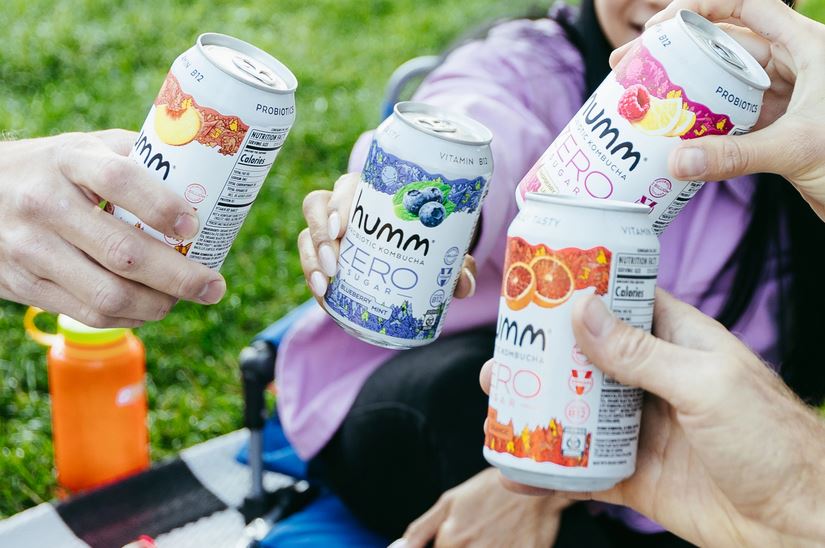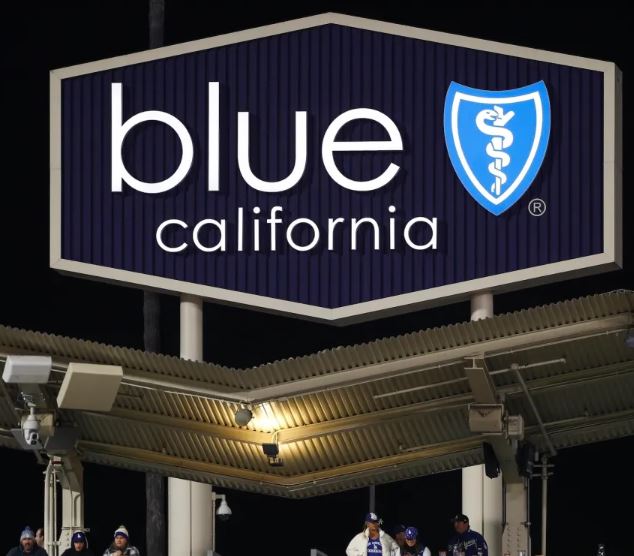Humm Kombucha Fraudulently Misrepresents Ingredients To Stoke Profits – Lawsuit Featured

Humm Kombucha marketing knowingly mislead consumers into believing products contain natural ingredients to boost profits.
What is the nature of the complaint?
A lawsuit was recently filed against Humm Kombucha alleging that the drink maker knowingly mislead consumers into believing that its kombucha beverages contain natural fruits/vegetables and that it did so to boost profits.
What is at issue?
Market research has shown that consumers are increasingly willing to pay a premium to purchase foods that contain real fruits and vegetables. Such ingredients are perceived as healthful, in stark contrast to products that merely attempt to simulate their presence using synthetically derived “natural flavors”, a term defined by the Food and Drug Administration (“FDA”).
Humm Kombucha manufactures canned beverages that are sold under the brand name “Humm Probiotic Kombucha Zero Sugar” (“Zero Sugar beverages”) and “Humm Probiotic Kombucha” (“Original beverages”) at retailers throughout California and online to California consumers.
The Zero Sugar beverages are sold in a variety of names including, “Blueberry Mint,” Pineapple Jalapeno,” “Raspberry Lemonade,” “Blood Orange,” “Peach Tea,” “Ginger Lemonade,” and “Cucumber Mint”; and the Original beverages include the “Coconut Lime,” “Blueberry Mint” and “Magical Lemon Cupcake.”
According to the lawsuit, Humm Kombucha’s marketing tactic is to lure in consumers who wish to purchase foods made from actual fruit ingredients despite the fact all of the above products do not contain any of the advertised labeled ingredients.
Of the Zero Sugar beverages, the “Blueberry Mint” contains no blueberry or mint; “Pineapple Jalapeno” contains no pineapple; “Raspberry Lemonade” contains no raspberry or lemon; “Blood Orange” contains no blood orange (or any orange); “Peach Tea” contains no peach; “Ginger Lemonade” contains no lemon; and “Cucumber Mint” contains no cucumber or mint. Of the Original beverages, “Coconut Lime” contains no coconut; “Blueberry Mint” contains no mint, and “Magical Lemon Cupcake” contains no lemon.
How do consumers stand to benefit?
The lawsuit alleges that these marketing tactics are misleading and in direct violation of California law. The action seeks damages equal to the premium consumers paid to purchase these drinks.









